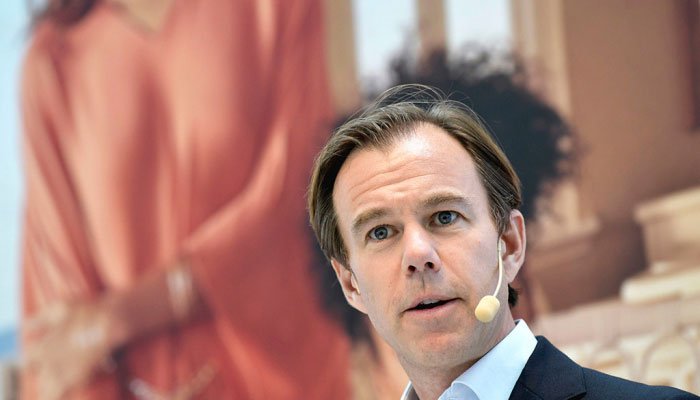Labour behind the Label has lambasted recent comments made by H&M’s CEO Karl-Johan Persson after saying that if consumers were to ditch fast fashion, it would lead to “terrible social consequences.” Persson was speaking in Stockholm when he warned that reducing consumerism could threaten the eradication of poverty and the future prosperity of global economies.
The labour rights NGO has branded the H&M executive’s comments “at best misguided and at worst deceitful,” adding that the culture of fast fashion in fact exacerbates poverty, with garment workers paid a bare minimum due to the low price points of apparel.
Many of the protests are “about ‘stop doing things, stop consuming, stop flying’,” Persson told Swedish media. “Yes, that may lead to a small environmental impact, but it will have terrible social consequences.
“The climate issue is incredibly important. It’s a huge threat and we all need to take it seriously – politicians, companies, individuals. At the same time, the elimination of poverty is a goal that’s at least as important.”
Persson, with an estimated value of $1.9 bn, has drawn criticism for his comments, after seemingly justifying the industry’s model of fast fashion, in which apparel is produced in bulk and at a low price to meet quickly-transitioning trends.
The H&M boss continued, “We must reduce the environmental impact. At the same time we must also continue to create jobs, get better healthcare and all the things that come with economic growth.”
Labour Behind the Label has spoken out cautioning Persson, saying that “positioning environmental concerns as a threat against human rights is divisive and dangerous.”
What’s more, the NGO is keen to clarify that fast fashion incites the exploitation of garment workers – as opposed to providing an escape – with pay often compromised due to the low price point’s brands put their stock on the market for. “It is corporate greed, rather than environmental concerns that stands in the way of poverty alleviation. Profit from fast fashion at rock-bottom prices is only possible through poverty pay, unsafe working conditions and suppression of unions,” the NGO noted.
“Persson’s claim that fast fashion supports the eradication of poverty is outrageous, considering not a single worker in H&M’s supplier factories earns a living wage,” it adds. Labour Behind the Label references H&M’s unwillingness to accept the Clean Clothes Campaign’s (CCC) shareholder proposal for a living wage last year, after the brand failed to initially meet its promise of a living wage for 850,000 of its workers.
“Decent jobs and a living wage are required to eliminate poverty and the global garment industry is currently providing neither. The myth that low paid labour-intensive garment production is a source of economic development is a lie,” the organisation continues.
“What is needed is decent work. If fashion brands paid their workers a living wage, not only would these workers and their families have access to a decent life, but as consumers themselves they could do more to end poverty than the spread of low-cost, low-quality garment production.”






















